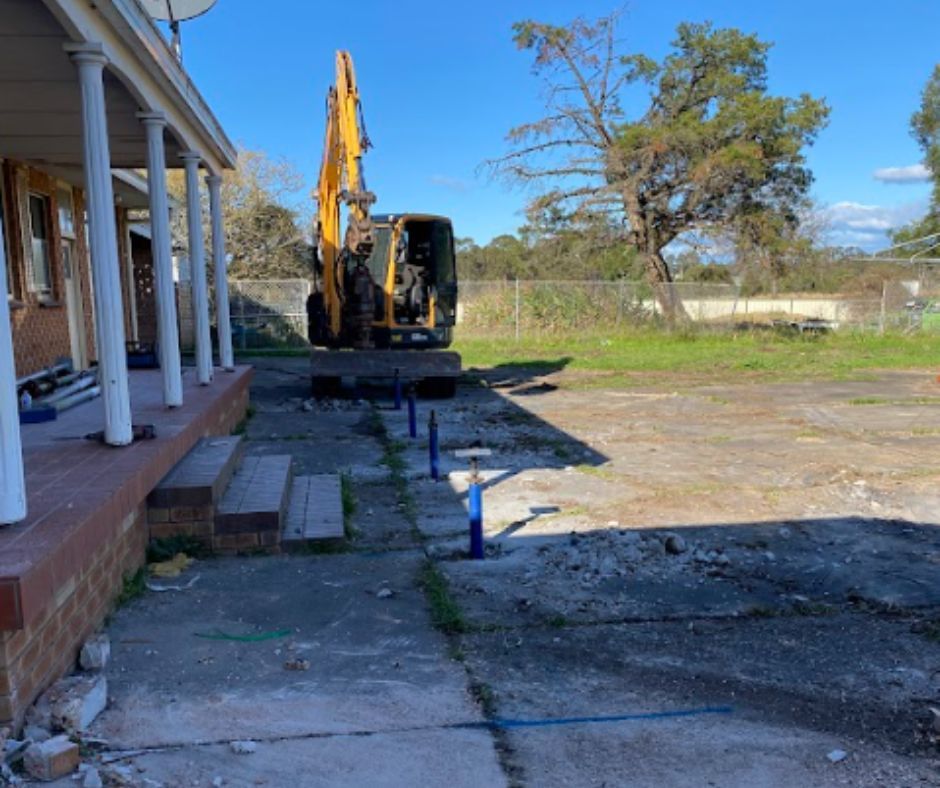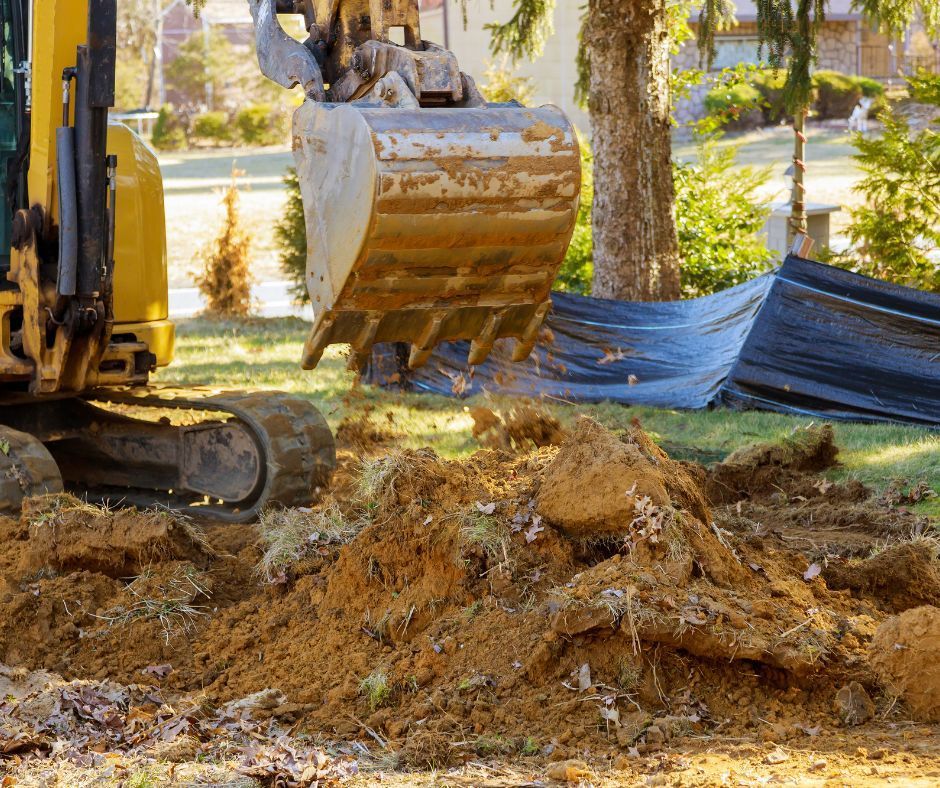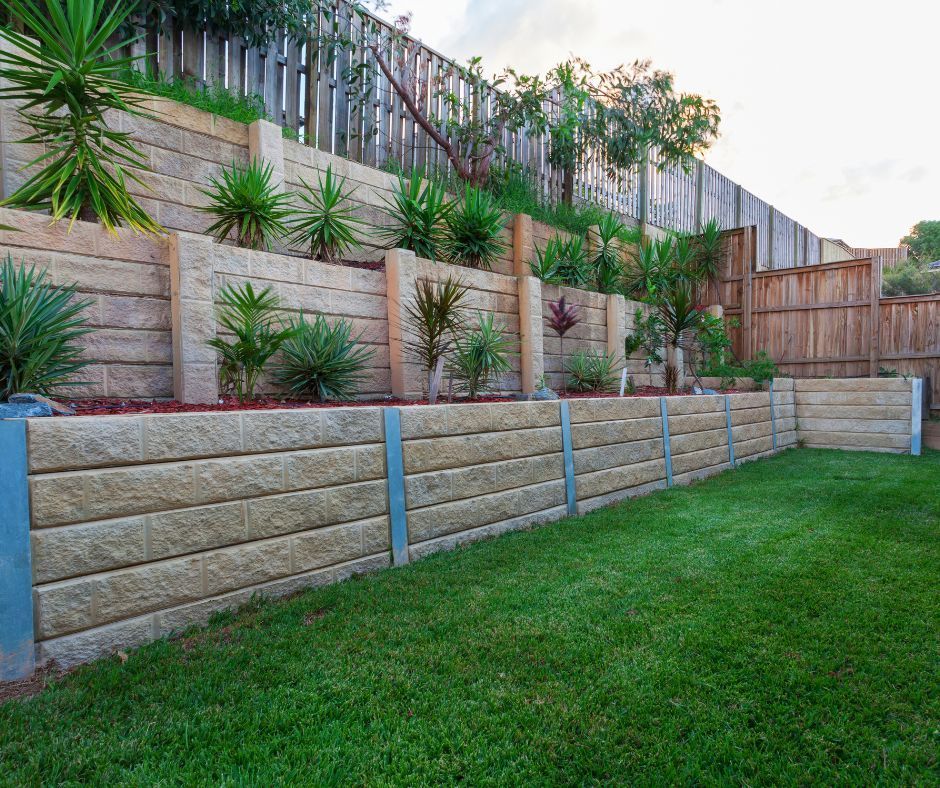Why Screw Piles in Sand Are the Best Choice
Building a structure over sandy soil comes with its fair share of headaches and risks. It shifts, is easily washed away and has poor load-bearing capacity. Standard foundations on sandy soil can suffer from settlement, cracks or even structural failure over time.
Helical piles, also known as screw piers, offer a smarter approach to building solid, long-lasting support over sandy soils. Unlike concrete foundations, screw piles drill deep into the layers of the ground to anchor the structure securely even in shifting or eroding soil conditions.
Discover how screw piles in sand work wonders for your build in this blog post as we explore their applications, considerations and why they’re the go-to foundation solution for sandy or unstable soils.
Understanding Screw Piles in Sand
Sandy soil lacks the grip needed for traditional foundations like concrete. It shifts too easily, leaving structures vulnerable to movement or collapse. Screw piles solve this by twisting deep below the surface, anchoring into stable soil layers below the loose sand, providing immediate strength and reliability.
Their helical design locks into place, spreading weight evenly to prevent sinking or shifting. Once in place, they’re ready to take on weight straight away, with no waiting for concrete to cure. This makes screw piles a top choice for anyone building on sandy, loose or coastal terrain where traditional methods fall short.
Why Use Helical Piles in Sand Soils?
Here’s why helical piles are ideal for sandy or coastal areas:
Deep Penetration for Maximum Stability
Screw piles extend far beneath the loose upper layers to reach a stable layer that can bear the weight of the structure.
Improved Load Distribution
The helical design spreads the weight evenly, reducing stress points that could cause movement or structural issues.
Resistance to Erosion
Unlike traditional foundations that can weaken as sand erodes, screw piles remain firmly in place. Their deep-set design makes them resistant to erosion( in certain circumstances), even in coastal or flood-prone areas.
Adaptability to Various Structures
From residential homes to large commercial and infrastructure projects, helical piles in sand provide reliable support for a wide range of applications.
Minimised Soil Disturbance
Since they require little excavation, screw piles reduce soil displacement. This minimises the risk of additional soil shifting and makes installation cleaner and more efficient.
Top Benefits of Using Screw Pier in Sandy Soils
Building on sandy soil comes with challenges. Screw piers tackle these problems by offering a strong, efficient and adaptable foundation solution. Below are the main advantages that set them apart:
Quick and Efficient Installation
Screw piles in sand eliminate the need for extensive groundwork or curing time. Their installation is straightforward and requires only specialised equipment to drill them into the ground.
Immediate Load-Bearing Capacity
Once installed, screw piers can support weight right away, no need to wait for curing time. This instant stability makes them ideal for time-sensitive projects.
Long-Term Stability and Support
Screw piers anchor deep into firm layers and prevent movement caused by shifting soil.
Cost-Effectiveness
Lower material and labour costs make screw piers a budget-friendly option compared to traditional foundations. Faster installation also reduces overall project expenses.
Environmentally Friendly
With minimal soil displacement, screw piers in sand reduce environmental impact. Their installation process preserves the natural landscape.( also the carbon footprint is substantially less compared to traditional concrete piers)
Ideal for Remote Locations
Screw piers are lightweight and easy to transport which makes them ideal in off-grid or hard-to-reach construction sites where access may not be practical.
Works in Various Weather Conditions
Screw piers can be installed in wet or dry sand without compromising stability. This flexibility allows projects to move forward without weather-related delays.
Easier Modifications
If project requirements change, screw piers can be adjusted, removed or extended with minimal effort. This makes them a versatile foundation choice that will adapt to the evolving needs of the project.

Applications of Helical Piles in Sand
Screw piles play an important role in:
Residential Buildings
Commonly used for home foundations, decks and patios. They eliminate the need for deep excavation for residential areas, which makes installation faster and less disruptive.
Commercial and Industrial Structures
Screw piles are used to support warehouses, office buildings and manufacturing facilities. Their ability to distribute weight evenly reduces structural stress over time.
Infrastructure Projects
Screw piers in sand are also commonly used in bridges, boardwalks and road foundations. They offer a durable solution for high-traffic areas.
Retaining Walls and Landscape Structures
Provides stability for retaining walls, fences and other outdoor features by anchoring them securely in shifting sand. This prevents tilting, collapse and soil displacement over time.
Considerations for Installing Screw Piers in Sandy Terrain
To guarantee the optimal performance of screw piles in sand, there are major considerations to keep in mind:
Soil Testing and Site Evaluation
Conducting a detailed assessment of the soil composition helps determine the required depth and load-bearing capacity of the piles.
Proper Equipment
Specialised machinery is necessary to drill the helical piles in sand deep into the ground. Using the right tools improves accuracy and prevents installation issues that could weaken the foundation.
Right Calculations and Design
The size, shape and length of screw piles must be carefully selected based on the soil testing and site evaluation done. The custom design makes sure optimal load distribution and long-term durability.
Expertise
Professional installation is required to meet safety and engineering standards. Experienced installers make sure that each pile is correctly positioned to prevent future settling or instability.
MRN Excavations – Your Go-To Partner in Installing Screw Piles in Sand or unstable ground
When it comes to screw piles in sand installation, precision and expertise are needed to achieve long-term stability and prevent issues like sinking or shifting.
For dependable screw piling solutions across Sydney, Campbelltown, Wollongong and Nowra, MRN Excavations is your go-to partner! Whether you're building a home, commercial space or infrastructure project, we’re here to deliver a strong, reliable foundation that will surely stand the test of time and the challenges posed by sandy and coastal areas.
Get in touch with us to kick-start your build today!



